Dublin. 16 June 1904. A little after 8 a.m. Two men – both annoying, one stung with grief and ambition – are having an argument. One is pierced by thoughts of his late mother. ‘Pain, that was not yet the pain of love, fretted his heart.’ She has come to him in a dream smelling of wax and rosewood. ‘Dedalus,’ the other calls up to him. ‘Come down, like a good mosey. Breakfast is ready.’
Ireland. 16 June 1982. 6:30 a.m. Radios all over the country emit the words ‘Stately, plump Buck Mulligan’, and don’t stop broadcasting until they have read out every word of Ulysses, down to its last, heart-stopping syllable. There was no abridgement and no explanation: just the text, entire. At a moment when contemporary arts coverage, where it exists, is broad but shallow, oversimplified, overexplained and broadcast in 15- or ten-minute bursts that preclude complexity, it’s hard not to feel jealous. Who would attempt the same today?
Ulysses is 100 this year. To celebrate, I’ve spent the past month or so listening to Irish national broadcaster RTE’s adaptation of Joyce’s epic. I can’t praise it enough. It is a masterpiece, a rare, enduring example of radio drama as art. ‘Kyrie!’ As someone cries about 14 hours in. ‘The radiance of the intellect!’
Or perhaps not, since it’s precisely that sense of monolithic, radiant intellect this dramatisation dissolves. Which might come as a relief to people who remember their first reading, perhaps an abortive one, with a sense of being made to feel stupid (‘mind’s darkness, a sloth of the underworld’) or tortured (‘agenbite of inwit’) or imposed on by an author who, even an evangelist would admit, could often be boring – and who went on to write a book so inconceivably boring that it has dwindled, unread, into a byword for things pointlessly difficult and dull.
To all these then – to the unwilling, the lazy, the intimidated and the easily bored – I would say: don’t read Ulysses. Listen to it.
If you do, that immense codex of tiny words becomes a voice, a stream of voices, a constant moment of peculiar revelation. How clear this book becomes when heard aloud, retaining its pleasures while shedding its most intimidating tics. Those REFERENTIAL CAPS LOCK OUTBURSTS come down to the level of conversation. Joyce’s modernist innovations – mistakes, slips, digressions, truncated thoughts, reversals of sense and grammar – are so much a part of normal speech they hardly register to the ear. This makes sense when you think about it. Isn’t the root purpose of modernism to transcribe reality better than realism ever could? As for those scrotumtightening compounds: they fall apart like onions in the pan – you cannot pronounce an unwritten hyphen.
The RTE players give performances of great clarity and insight. Paddy Dawson plays Stephen Dedalus and captures his self-spiting intelligence, his egotism and pain. You don’t need to listen carefully to know Dedalus wants to be a great writer; walking on the bleak beach at Sandymount, even his inner monologue feels half-performed, contrived to attract the plaudits and pity of an imagined audience. It’s a symptom of poisoned, poisonous ambition and, I would argue from experience, of deep loneliness. It’s hard not to feel that Joyce hates and pities Dedalus, the way we hate and pity the people we used to be.
Then, as if by a miracle: Leopold Bloom, at whose entry the author himself feels surprised and touched. ‘Mr Bloom’, as Joyce will often call him, is an absent-minded taxonomist, who runs errands while attempting to sort neatly the rate at which a falling object accelerates, the electric softness of a nearby cat, why women always carry so many pins. Ronnie Walsh plays him as a worried man at life’s midway, whose dainty, fretful, quick-tripping utterances evince a Pepysian busyness of mind. He thinks his wife is having an affair. He tries not to think about it. Joyce loves him, that much is obvious. Loves him because he has a mind framed for happiness, forgets his sums and shaves in the evening for a softer beard.
For most of the book’s 24-hour span Bloom and Dedalus narrowly miss each other as they go about their days. When they do meet, no simple resolution is forthcoming. I sometimes think of Bloom as the gift an older man would give his younger self – knowing, of course, that his younger self would never accept.
The book divides into 18 episodes, and Joyce’s protean abilities inform each with a distinct tonality. These are skilfully evoked, and sometimes daringly reinterpreted. The Dublin newsroom is a wind tunnel of fustian exclamations. Dedalus’s classroom is a jeering tennis match between the teacher and his pupils. They burst with ‘mirthless high malicious laughter’, and pepper their speech with mocking honorifics: ‘I know, sir. Ask me, sir.’ In the episode where Joyce parodies the major voices of English prose – ‘an Irish bull in an English chinashop’, whose horns don’t spare Addison and Steele’s Spectator – the players take amused pains differentiating the styles, careful to pronounce the ‘b’ in ‘subtilitie’.
In the book, Bloom’s sexual encounter with a teenage girl on Sandymount Strand is narrated in the gushing clichés of a cheap romance novel. Here, the narrator is a much older woman, who croons, coos, swoons, sighs and sniffles over young Gerty MacDowell, tempting her with admonishments before despairing delightedly over her morals. In this reading, what we’re hearing is the minimising and fetishistic voice of an entire culture; the morally urgent question becomes the extent to which this voice is or isn’t driving the events it describes. ‘She knew how to cry nicely before the mirror,’ sighs the narrator. ‘You are lovely, Gerty, it said.’
If some novels have the ordained intricacy of a dance, whose steps you can map as though from above, Ulysses is different: hermetic, vast, an inward-flowering termitary. Everyone enters at the first hole they encounter and navigates by instinct. Since early on in the book’s history, readers have noted its encyclopaedic bent, an everything-itis that would allow you to find, say, all the plays of Shakespeare, the books of the Bible, the planets, constellations and circles of hell in there, if you wanted.
That density of significance encourages us to find patterns, make taxonomies and indices. ‘The crystal palace of the Creator, all in applepie order, a penny for him who finds the pea.’ It attracts anagrammists and numerologists, textual shamans who see Christ’s face in the wrinkled pink arse of Bloom’s cat.
It also makes the book appear radically different in every reading. An essay in the New Yorker, published last month, argued that the heart of Joyce’s book is love: of life, of sense and experience, of one human for another. Another essay, written a century ago by Stefan Zweig, called Ulysses the great novel of hatred: of Ireland, of modernity, of commerce and history. You see the difficulty. How can one draw a distinct or even coherent critical pattern when everything connects to everything else? What hope, then, for us casual readers? ‘You and I are the fat in the fire. We haven’t got the chance of a snowball in hell.’
Yet it is precisely this vexing question that listening to Ulysses removes. There was not time, this past month, to draw kabbalistic diagrams, to compile quotes and annotations. Confusion demands leisure, and is always partially self-inflicted. Listening to the word as it’s spoken, it’s always clear, in a basic sense, what’s happening. Someone is speaking, someone is thinking, someone is walking around Dublin. If you miss something, you miss it. If it bores you, you’re bored. The book carries on regardless. I don’t claim that Ulysses is an unreadably difficult book. But I do say that when you listen to it, the encounter takes place on more equal terms.
I think radio is interesting because it is compromised. It tries to speak to everyone, and its disappointments speak to ideas about what people – that is, the listening public – want and like and are capable of digesting. This makes it a good way to evaluate what the cultural sector thinks about everyone else: a useful seismograph, if you like, for a particular elite ideology.
This listening public is badly underrated. Molly Bloom’s final soliloquy is two hours long, but left alone, it stands as great art and great entertainment. Nothing is unclear and every word is essential. No compromise was needed.
This is all that was needed to make a popular radio masterpiece: an intelligent theatrical company given time to think and rehearse. A broadcaster with the will to make it happen. Above all, a deep respect for the listener’s intelligence. Those are still the only things that you require. They might reappear. Till then, RTE’s Ulysses is available for free. What are you waiting for? Come down, like a good mosey. Breakfast is ready.
Got something to add? Join the discussion and comment below.
Get 10 issues for just $10
Subscribe to The Spectator Australia today for the next 10 magazine issues, plus full online access, for just $10.
Listen to the RTE audio adaptation of Joyce’s Ulysses on Apple Podcasts, Spotify, or rte.ie/ulysses.
You might disagree with half of it, but you’ll enjoy reading all of it. Try your first month for free, then just $2 a week for the remainder of your first year.

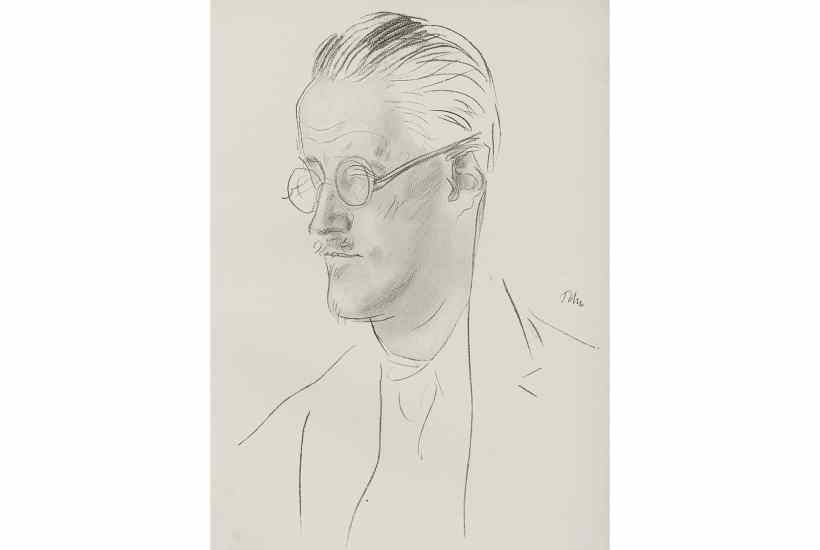
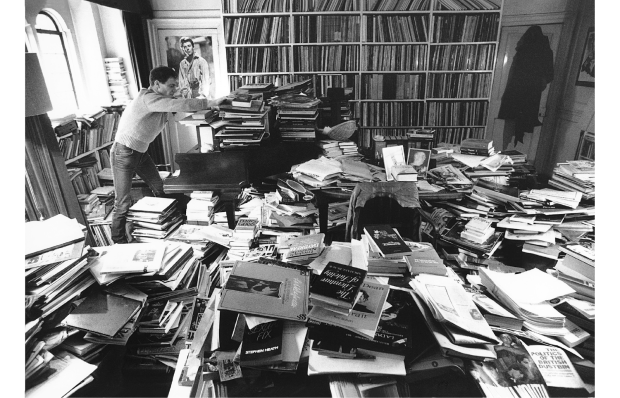
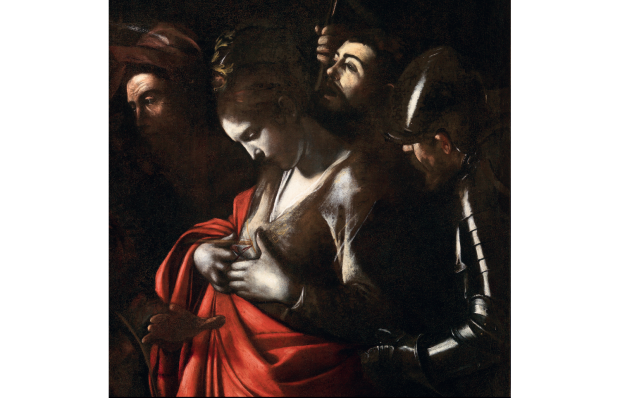
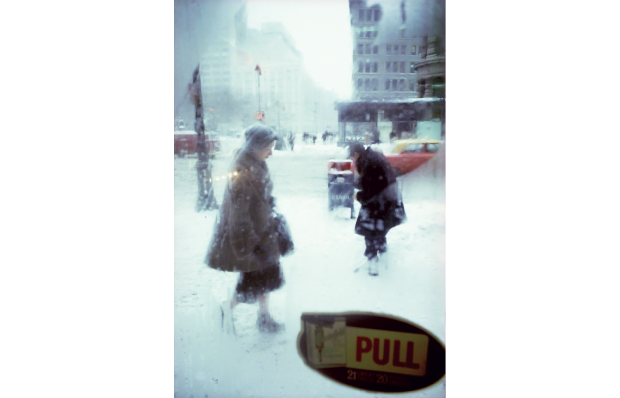

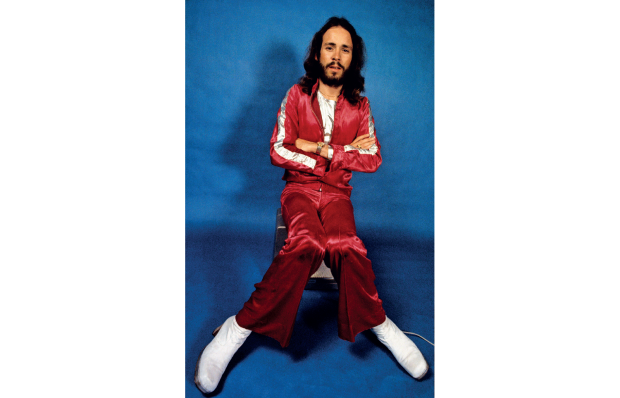







Comments
Don't miss out
Join the conversation with other Spectator Australia readers. Subscribe to leave a comment.
SUBSCRIBEAlready a subscriber? Log in